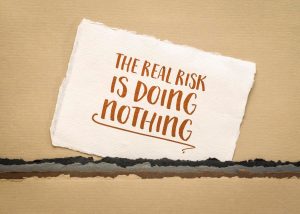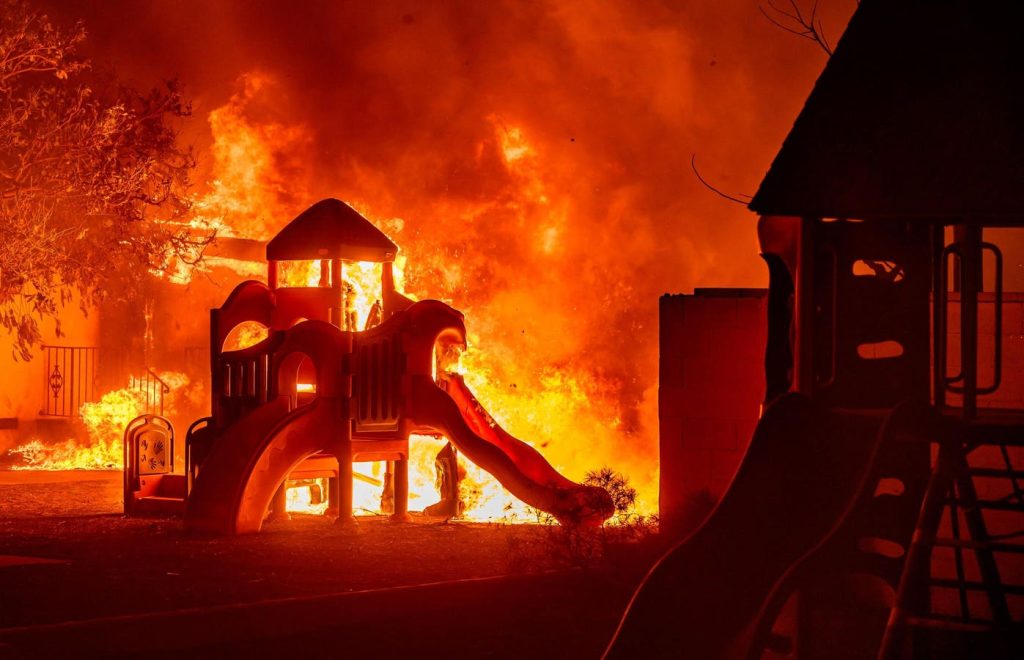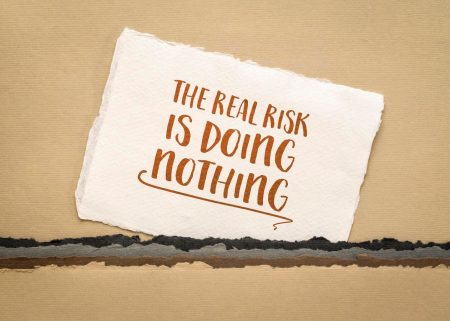The escalating wildfire crisis, vividly illustrated by recent events in Los Angeles and across the western United States, demands a fundamental shift in how we perceive and manage fire. Decades of fire suppression have disrupted natural fire regimes, leading to the accumulation of flammable materials and creating conditions ripe for larger, more destructive wildfires. Addressing this challenge requires moving beyond viewing fire solely as a threat and recognizing its essential role in maintaining healthy ecosystems. A recent study offers a comprehensive framework for transforming fire management policies, emphasizing the integration of scientific understanding, indigenous knowledge, and practical experience.
A crucial first step involves redefining fire’s legal status. Current environmental legislation, including the Clean Air Act (CAA), National Environmental Policy Act (NEPA), and Endangered Species Act (ESA), often treats fire as a human-induced activity subject to stringent regulations. This perspective overlooks fire’s vital role as a “keystone process,” a natural disturbance that shapes ecosystem structure and function. Reclassifying fire as a natural baseline condition within these legal frameworks would remove unnecessary regulatory obstacles to beneficial fire management practices like prescribed burns and managed wildfires, enabling land managers to utilize fire more effectively as an ecological tool.
Fire restoration, the intentional reintroduction of fire into ecosystems, is a central component of this new approach. Prescribed burns and managed wildfires, implemented under controlled conditions, mimic natural fire cycles by reducing fuel loads, promoting biodiversity, and enhancing ecosystem resilience. These practices benefit numerous species, from fire-adapted trees like the longleaf pine to wildlife like the endangered red-cockaded woodpecker, which thrives in the open forest structure created by fire. Furthermore, prescribed fire fosters the growth of native plants, supporting pollinators and other essential components of the food web. However, current regulatory hurdles under NEPA, the ESA, and the CAA often hinder or delay these crucial fire restoration efforts. Streamlining environmental reviews and exempting fire restoration projects from unnecessary bureaucratic processes are essential steps towards scaling up these beneficial practices.
The integration of indigenous knowledge is another vital aspect of effective fire management. Indigenous communities have practiced cultural burning for centuries, using fire to achieve specific ecological and cultural objectives and maintain healthy, resilient landscapes. This traditional knowledge, while not adhering to the strict definitions of Western science, offers valuable, time-tested strategies that complement scientific approaches. Unfortunately, recent policy efforts to incorporate indigenous knowledge have sometimes mischaracterized it as equivalent to scientific data, diminishing its unique value. Instead, policymakers should recognize indigenous knowledge as a distinct but equally important resource. Granting tribes greater autonomy to conduct cultural burns without excessive federal oversight would not only honor indigenous sovereignty but also leverage their expertise in managing fire-prone landscapes.
Reforming existing environmental statutes is crucial for facilitating proactive fire management. NEPA reviews, for example, can significantly delay prescribed burn projects, while ESA consultations can stall habitat restoration efforts that depend on fire. These statutes require revisions to reflect the ecological importance of fire. Under NEPA, fire restoration could be treated as a natural process exempt from standard environmental review requirements. Similarly, ESA consultations for projects reintroducing fire into fire-dependent ecosystems could be streamlined, acknowledging that such practices ultimately benefit the species the law aims to protect.
The Clean Air Act (CAA) also presents challenges to prescribed burning. The CAA’s focus on air quality standards often disincentivizes prescribed burns due to the release of particulate matter, even though these controlled burns release significantly fewer pollutants than the devastating wildfires they aim to prevent. Recognizing emissions from prescribed burns as part of the natural baseline, rather than treating them as violations, would encourage their use and ultimately lead to improved air quality in the long term by mitigating the risk of catastrophic wildfires.
Finally, fostering public understanding of fire’s ecological role is essential. Many people perceive fire solely as a destructive force, failing to appreciate its crucial role in maintaining healthy ecosystems. Public education campaigns are needed to highlight how prescribed burns and cultural burning reduce wildfire risks, protect communities, and promote biodiversity. Educating the public about the benefits of fire can help build support for these essential management practices. By embracing fire as a natural ally and implementing these policy recommendations, we can move towards a more sustainable and resilient approach to fire management, safeguarding both our communities and the ecological integrity of our landscapes. This shift in perspective is not merely a matter of ecological restoration; it is a matter of public safety and long-term sustainability.










